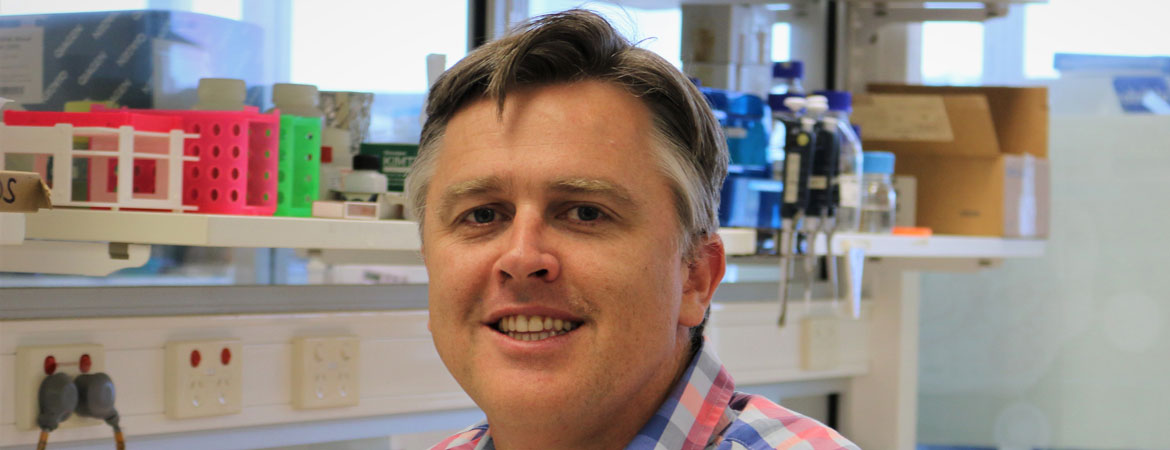Immunity research an investment to protect against future pandemics
01 August 2020
5
min read
With the international race to create a COVID-19 vaccine continuing, a Queensland medical research team is at the forefront of the pursuit to create immunotherapy treatments for the virus.

By studying the blood of people who have recovered from coronavirus, the researchers at the QIMR Berghofer Medical Research Institute in Brisbane are testing whether people develop an immune response to it.
QSuper is the default super fund for QMIR Berghofer with more than 800 staff being QSuper members. Learn more about QIMR Berghofer’s work here.
The Institute’s Head of Translational and Human Immunology, Associate Professor Corey Smith (pictured), said the research would be valuable in identifying the immune response and how different groups of people responded.
Studying the immune response to coronavirus today could also potentially help prepare for the emergence of any new pathogen, he said.
We already have good predictions about who is at risk. What will help is if we can understand how people respond and how people respond differently."
Taking action today for future wellbeing
Associate Professor Smith said the call went out for 50 volunteers who had been exposed to COVID-19 in Queensland. Nearly double that number responded.
“We’ve actually had a great uptake. We were initially looking for 50 people and we reached that in a few days,” Associate Professor Smith said.
“We isolate their white blood cells from their blood, and then we study that to test their T-cell response to see if they have immune responses to the virus.
“That means that what we will hopefully see is that they have immune responses.”
Associate Professor Smith said a lot of vaccine development in Australia and internationally for COVID-19 aimed to target antibodies.
“But it is also important to understand other aspects of the immune response, that’s why we think our work will be important,” he said.
“If some of the vaccines struggle, the type of work we do might help us understand why they aren’t so effective.”
Preparing for the future
Associate Professor Smith said it was vital to research coronavirus as the learnings would be valuable in the fight against other diseases and overall immune health.
The work by his research team could also help identify who would be most at risk of current and future diseases and how different groups of people responded to treatments.
We think the kind of work we do will be valuable even after vaccines are implemented. Judging by what’s happened in the past 20 years there’ll be another COVID in the next 10-20 years."
Unfortunately, more could have been done in the past that could have helped deal with the current pandemic, so it was important to put the right tools in place for the future, he said.
“We have the tools to understand these things. Having the right tools in place means we may be more prepared for a new pathogen that emerges.
“So I think there’s an important lesson there while these things will pop up every now and again, we should be ready all of the time.”
Keeping you covered
You might have insurance cover included with your QSuper account. You can check your current level of cover in Member Online.
The opinions of Associate Professor Corey Smith are his alone, and do not necessarily reflect the opinions of the QSuper Board. No responsibility is taken for the accuracy of any of the information supplied and you should seek advice for your circumstances.